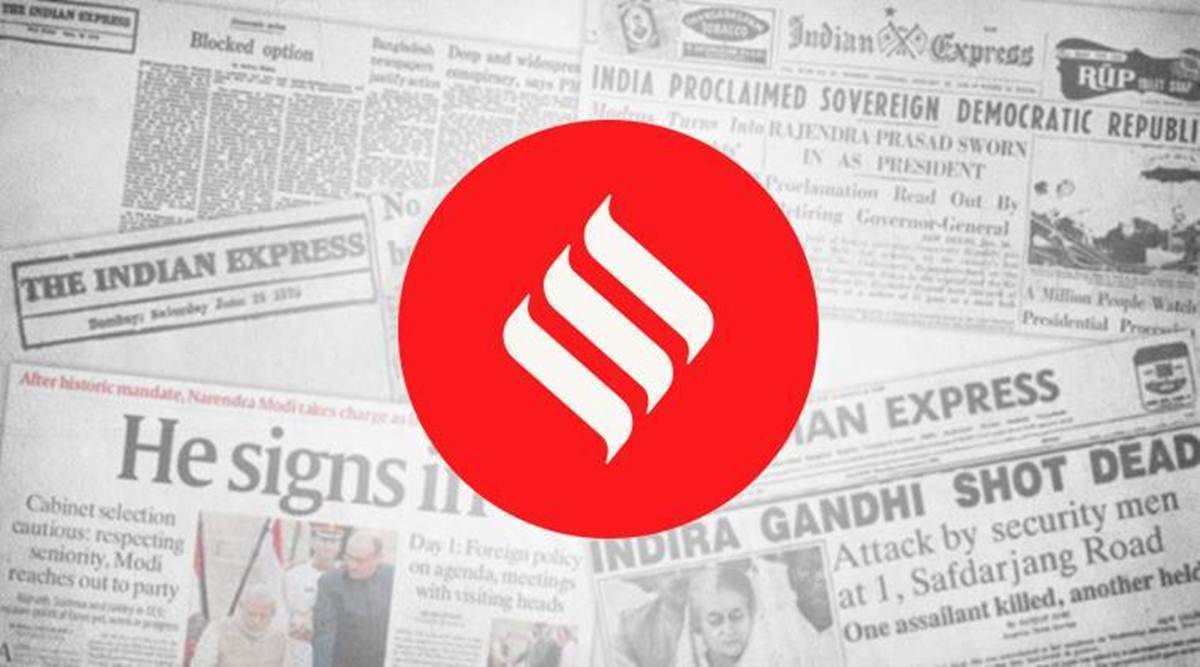 As Dhaka prepares to celebrate the 50th anniversary of its liberation from Pakistan and the special role of India in that event next March, Delhi can’t let crude electoral calculations undermine the historic transformation underway in the eastern subcontinent.
As Dhaka prepares to celebrate the 50th anniversary of its liberation from Pakistan and the special role of India in that event next March, Delhi can’t let crude electoral calculations undermine the historic transformation underway in the eastern subcontinent.The inauguration of an 11-km rail link between West Bengal and Bangladesh — the fifth in the last few years — marks the slow but steady effort by Delhi and Dhaka to overcome the negative consequences of the Partition of the subcontinent in the east. The political Partition in 1947, which created Pakistan, did not immediately lead to economic dissociation. That began only after the 1965 war, when the borders between India and Pakistan closed down, making it increasingly hard for the movement of goods and people. The subcontinent turned inward in its economic orientation after that and countries in the region de-emphasised transborder connectivities. Political difficulties in both capitals also prevented Delhi and Dhaka from restoring the lost connectivity, even after they recognised its economic importance.
Over the last decade, thanks to the improved political ties between Delhi and Dhaka, there has been a systematic effort at restoring the natural connectivities between West Bengal, Bangladesh and India’s Northeast. The joint statement issued after Prime Ministers Narendra Modi and Sheikh Hasina met virtually on Thursday outlines a list of initiatives to deepen cooperation. In addition to expediting a study looking into a bilateral Comprehensive Economic Partnership Agreement, the statement outlined a host of areas for cooperation, from strengthening river water transport to managing a transboundary elephant corridor and from trade liberalisation to the setting up of a CEO forum. Delhi and Dhaka are also raising their ambitions for regional connectivity with Nepal, Bhutan, and Myanmar and Thailand.
If Delhi has been deeply sensitive to the need for restoring economic connectivity in the divided east, it has not demonstrated the same sensitivity to the tragedy of the post-Partition movement of people across borders. While the political impact of such movement on ethnic and religious balances in the east has been real, Delhi will need to be careful in addressing the challenges posed by migration, especially as India prepares to implement the Citizenship Amendment Act. Unfortunate comments by the Union home minister on illegal migration and migrants came close to derailing ties between India and its most important regional partner, Bangladesh. With elections around the corner in West Bengal, the temptation to posture on the question of transborder migration could again threaten bilateral relations. As Dhaka prepares to celebrate the 50th anniversary of its liberation from Pakistan and the special role of India in that event next March, as well set ambitious goals for its impressive economic development, Delhi can’t let crude electoral calculations undermine the historic transformation underway in the eastern subcontinent.